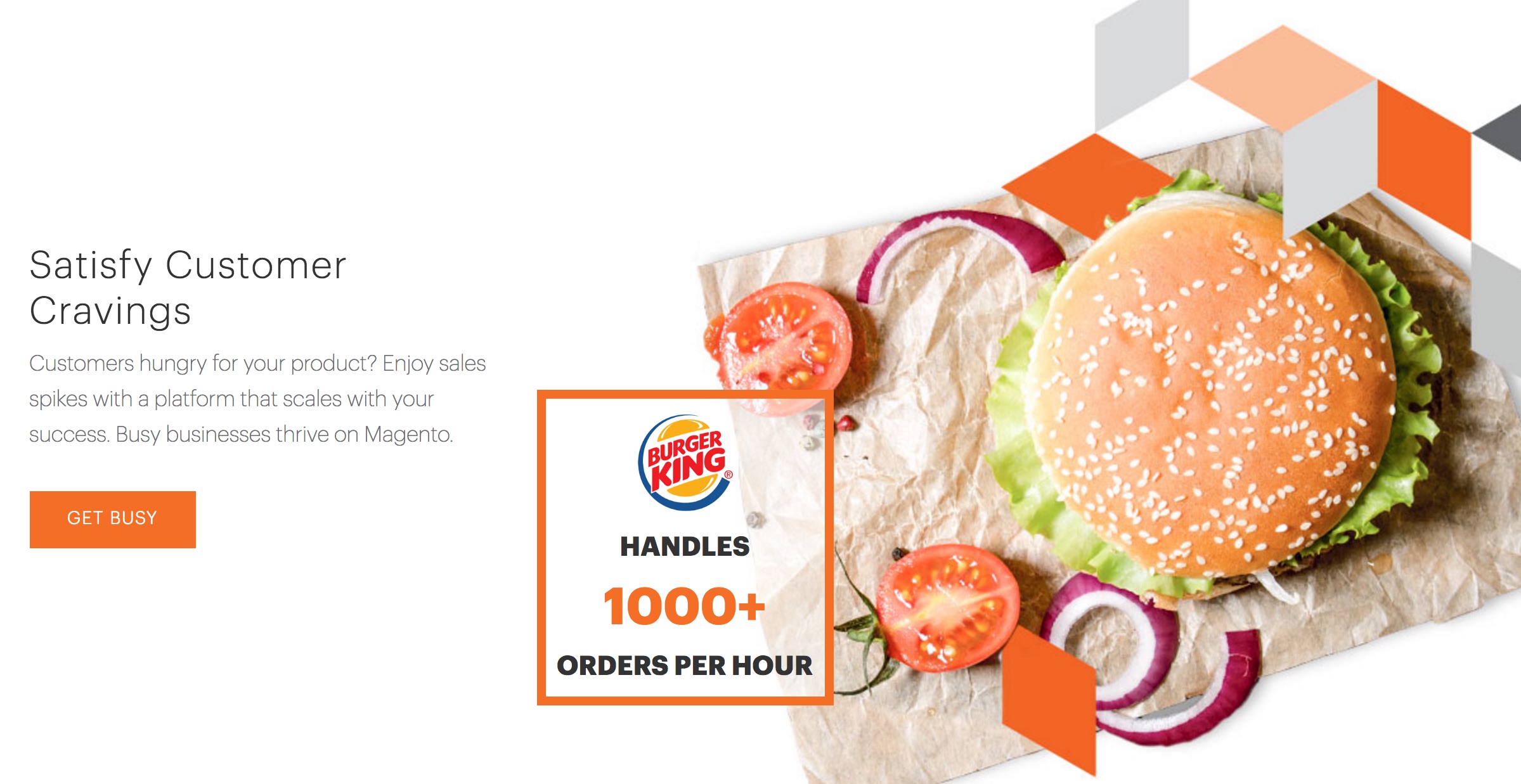

In this interview I spoke with Jason Woosley SVP of Product and Technology at Magento about the new B2B platform capabilities launched at the Imagine conference.

If you look at the recent innovations in online commerce the large majority are focused on the B2C (consumer-facing) website and experiences. This is good news but it leaves a very large part of the Commerce (retail) picture out of the innovation cycle. If you want to conduct B2B commerce with your distribution channels you are much more limited in new innovations. This is changing but definitely not at the pace of innovation in B2C commerce.
B2B commerce is significantly different than B2C in the types of customized processes needed to conduct transactions on the supply side. Capabilities such as RFQ (Request for Quotation) , re-ordering, very large (or long) lists/orders, importing orders from other systems and integrations with other supply chain applications.
Some key take aways from this interview:
- The new Magento B2B release handles these features out of the box and provides the flexibility to extend these by customizations.
- The Magento enterprise edition has been re-named to the Digital Commerce Cloud (DCC), and the entry point for many retailers, specially smaller ones is the Community Edition with the option to change to DCC as the needs change.
- According to Jason Magento has 26% of the global ecommerce platform market share which would mean one out of every 4 ecommerce website run on a version of Magento.
- On the topic of social commerce Jason mentioned Magento recently release a Facebook integration with many other connections to other social networks.
- Another important topic we discussed is the concept of helping retailers make sense of all the technology, get systems in place to meet their needs and focus back on their main business of creating or curating the right products to and helping customers.
In this aspect of business the reputation and track record of who they listen to for advice and objective information is key as well as the additional services their vendors provide on top of the technology.
Services such as cloud-based hosting, security, backups, after sale support and a wide pool of partners including developers who need to work on the platform should be a sizable part of the selection formula.
I hope you enjoy this interview and feel free to provide feedback or recommendation. I’d also appreciate it if you could subscribe to our newsletter and pass our info to your friends in retail and commerce.